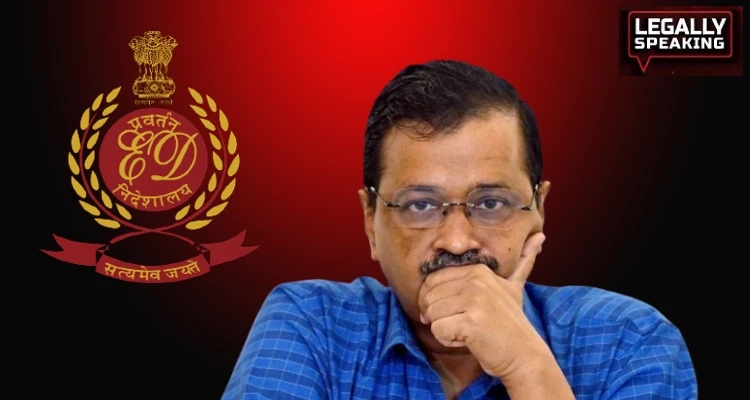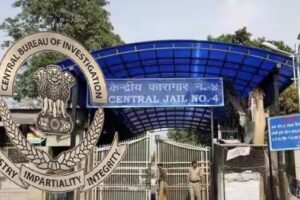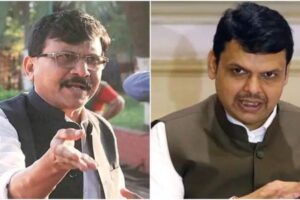
The Enforcement Directorate (ED) has issued fresh summons to Delhi Chief Minister Arvind Kejriwal, directing him to appear before it on February 26 for questioning in the excise policy-linked money laundering case.
Issuing the seventh summons under the provisions of the Prevention of Money Laundering Act (PMLA), the central agency dismissed Kejriwal’s argument that a new notice for his attendance was improper due to the matter being sub judice before a local court.
Kejriwal has been asked to present himself on February 26 and provide his statement in the excise policy-linked money laundering case, according to the sources.
Before, the Enforcement Directorate has issued Arvind Kejriwal 6th Summonses.
Initially, on November 2, 2023, he skipped the summons. The Delhi CM stated that he had to hold a roadshow along with Punjab chief minister Bhagwant Mann in poll-bound Madhya Pradesh.
The second summons was issued on November 21, but he skipped it as he informed that he needed to embark on a 10-day Vipassana meditation course.
The third summons was issued on January 3, 2024, and the fourth summons on January 18, and fifth on 2nd February. He skipped all these summonses by stating that they are ‘illegal’ and ‘politically motivated.’
Recently, he received the sixth summons on 19th February, but again, he skipped it, asserting that the matter is ‘now in court’.
The Enforcement Directorate filed a fresh complaint against the 55-year-old national convenor of the Aam Aadmi Party (AAP) for defying its summons in this matter.
The court scheduled further hearings for March 16 while exempting him from personal appearance last week.
The court also indicated that based on the complaint and evidence presented by the ED, a prima facie offense under Section 174 of the Indian Penal Code (IPC) exists, and there are adequate grounds to proceed against the accused (Kejriwal).
The ED believes that the local court has prima facie found Kejriwal culpable of “disobeying” the earlier notices issued to him in this case, justifying the issuance of the seventh summons, official sources disclosed.
The court’s concern is not about the validity of the summons, but rather Kejriwal’s alleged intentional disobedience of the three aforementioned summonses, the sources clarified. Kejriwal’s involvement has been repeatedly mentioned in charge sheets filed by the ED in the case.
The agency contends that the accused were in contact with him regarding the formulation of the now-defunct Delhi Excise Policy 2021-22. AAP leaders Manish Sisodia and Sanjay Singh, as well as the party’s communications in-charge Vijay Nair, have been arrested by the ED in this case. The ED asserted in its charge sheet that the AAP utilized “proceeds of crime” amounting to approximately Rs 45 crore in its Goa election campaign.
The agency is anticipated to submit a fresh supplementary charge sheet in the case and may identify the AAP as a “beneficiary” of the purported kickbacks generated through the excise policy. Allegedly, the Delhi government’s excise policy for 2021-22, which granted licenses to liquor traders, facilitated cartelization and favored certain dealers who purportedly paid bribes for it, a claim vehemently denied by the AAP.
The policy was subsequently revoked, and Delhi Lieutenant Governor V K Saxena recommended a CBI investigation, prompting the ED to register a case under the Prevention of Money Laundering Act (PMLA).





